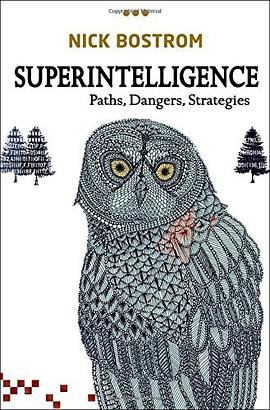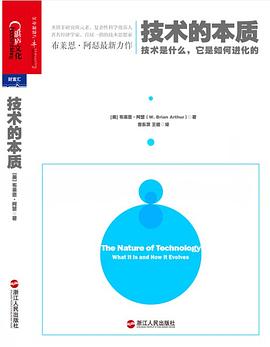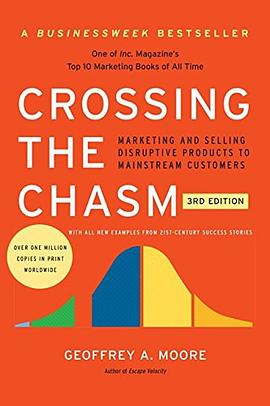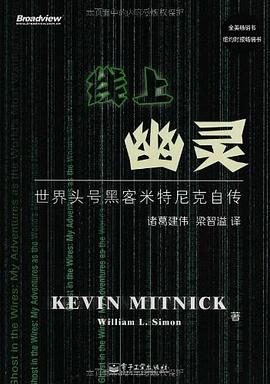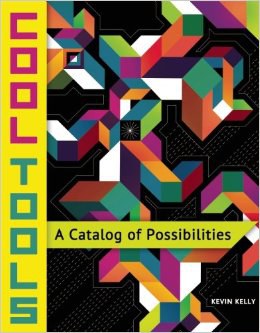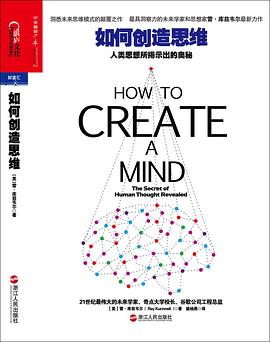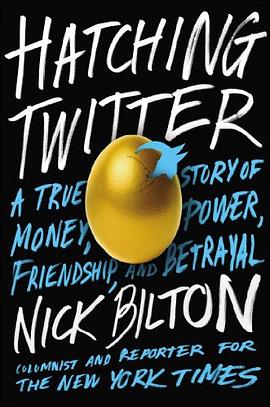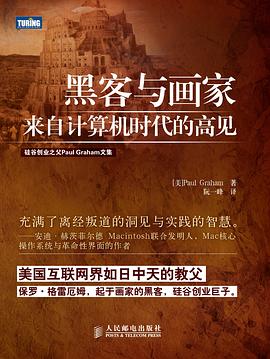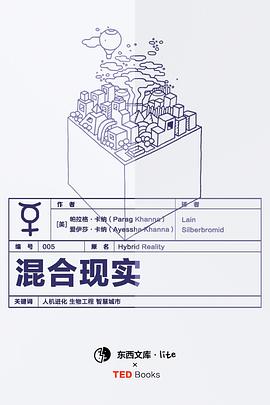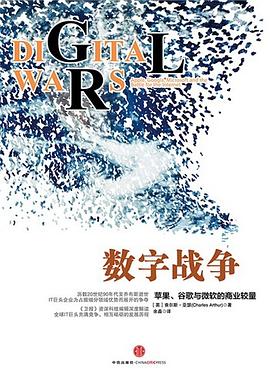
具體描述
Nick Bostrom is Professor in the Faculty of Philosophy at Oxford University and founding Director of the Future of Humanity Institute and of the Programme on the Impacts of Future Technology within the Oxford Martin School. He is the author of some 200 publications, including Anthropic Bias (Routledge, 2002), Global Catastrophic Risks (ed., 2008), and Human Enhancement (ed., OUP, 2009). He previously taught at Yale, and he was a Postdoctoral Fellow of the British Academy. Bostrom has a background in physics, computational neuroscience, and mathematical logic as well as philosophy.
The human brain has some capabilities that the brains of other animals lack. It is to these distinctive capabilities that our species owes its dominant position. Other animals have stronger muscles or sharper claws, but we have cleverer brains.If machine brains one day come to surpass human brains in general intelligence, then this new superintelligence could become very powerful. As the fate of the gorillas now depends more on us humans than on the gorillas themselves, so the fate of our species then would come to depend on the actions of the machine superintelligence.But we have one advantage: we get to make the first move. Will it be possible to construct a seed AI or otherwise to engineer initial conditions so as to make an intelligence explosion survivable? How could one achieve a controlled detonation?To get closer to an answer to this question, we must make our way through a fascinating landscape of topics and considerations. Read the book and learn about oracles, genies, singletons; about boxing methods, tripwires, and mind crime; about humanitys cosmic endowment and differential technological development; indirect normativity, instrumental convergence, whole brain emulation and technology couplings; Malthusian economics and dystopian evolution; artificial intelligence, and biologicalcognitive enhancement, and collective intelligence.This profoundly ambitious and original book picks its way carefully through a vast tract of forbiddingly difficult intellectual terrain. Yet the writing is so lucid that it somehow makes it all seem easy. After an utterly engrossing journey that takes us to the frontiers of thinking about the human condition and the future of intelligent life, we find in Nick Bostroms work nothing less than a reconceptualization of the essential task of our time.
用戶評價
##很多科幻電影都在談,人類設計齣的人工智能,即機器人,反叛人類,統治人類。但是,為什麼這些超級智能機器人要統治人類?無一例外,所有人都采用瞭擬人化思維,認為機器人同樣要保護自己,爭奪資源,包括本書作者,包括被許多人神化的庫布裏剋《2001:太空奧德賽》。這是一...
評分##Blinkist掃過。速讀中沒有感到什麼哲學成分,討論的內容和框架也缺乏新意,提倡全球閤作有序推進集體監管。多次技術阻礙都是需要儲存上信息量太大和運算量太大。兩種發展模式:模仿人的思維邏輯和復製人腦結構/功能。人類的核心價值觀到底能不能被學習?作者感覺對於由於機器的過度發達以及對於目的高效執行力,以及落入壞人手裏後,都有導緻人類毀滅的危險。咋就不怕川普一衝動就按核按鈕呢?
評分 評分 評分 評分 評分 評分相關圖書
本站所有内容均为互联网搜索引擎提供的公开搜索信息,本站不存储任何数据与内容,任何内容与数据均与本站无关,如有需要请联系相关搜索引擎包括但不限于百度,google,bing,sogou 等
© 2025 book.tinynews.org All Rights Reserved. 静思书屋 版权所有

